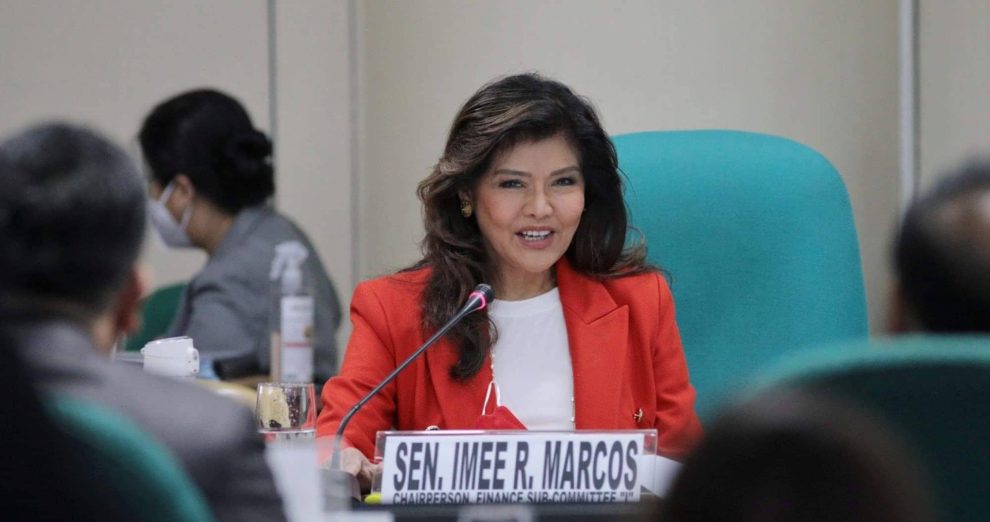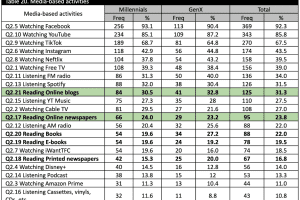Senator Imee Marcos has urged newly appointed Defense Secretary Gilbert Teodoro and National Security Adviser Eduardo Año to shed light on a request by the United States to grant some Afghans special immigrant status in the Philippines.
Marcos, who chairs the Senate Committee on Foreign Relations, asked why the U.S. government wanted to house Afghans in the Philippines instead of the American mainland or countries closer to Afghanistan.
In Senate Resolution 651, filed Thursday, she called for an inquiry into the real intention behind the U.S. request since no data have been made public on the said Afghans’ status as legitimate refugees or employees of the U.S. government or American companies.
“During the past year, security and espionage threats have substantially increased because of the sharp escalation in tension between rival superpowers,” Marcos said.
The Presidential Management Staff (PMS) held a “Technical Coordination Meeting” with other government agencies on Wednesday to take up the “proposed temporary housing in the Philippines of Special Immigrant Visa applicants from Afghanistan.”
However, the government agencies called to attend could not thoroughly discuss the matter because the PMS did not provide details about the meeting other than its general topic, date, and venue.
Sources privy to the meeting told Marcos that a memorandum of agreement was already in the works.
“There’s a lack of transparency in the present case,” Marcos said, comparing the previous administration’s policy of accepting Afghan refugees when the Taliban took over their homeland in August 2021 following the withdrawal of American troops.
The Philippine Immigration Act of 1940 states that the admission of refugees for religious, political, or racial reasons should serve a humanitarian purpose and not be opposed to the public interest.
“We need to know the real nature of the agreement between the Philippines and the United States and the course of action the executive branch plans to take,” Marcos concluded.












